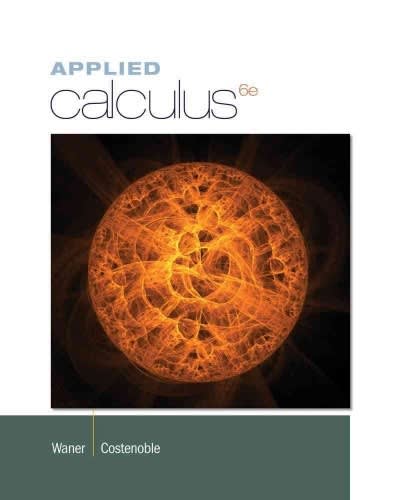Question
I am asking someone to check my work and tell me how I did or if something needs to be changed or anything else. Question
I am asking someone to check my work and tell me how I did or if something needs to be changed or anything else.
Question = Use the six step process to determine if the proportions are equal. Place calculations for approximation of binomial with normal in Assumptions section. Be sure to include values from the Minitab output in your conclusion as shown in lecture and previous examples in this handout. Test the following at .99 Confidence level. For the conclusion show all three test techniques, critical value/critical ratio, confidence interval, and pvalue.
Many Americans spend time worrying about their bills. A survey by Fleishman-Hilliard Research for MassMutual discovered that 65% of Americans with kids say the paying bills is a major concern. This proportion compares to 58% of Americans without kids. Suppose 850 Americans with kids and 910 without kids were contacted for this study. Use the data to test a hypothesis to determine if there is any significant difference between those with kids and those without kids.
Assumptions: You will need to satisfy that the normal distribution may be used to approximate binomial distribution.
Satisfying assumption the binomial may be approximated by normal.
Using the equation below for both samples compute the answers and type them neatly on your work after the interpretation.
np10 and n(1-p) 10 for both samples.
With Kids
Without Kids
Proportion from sample saying they worry
.65
.58
Sample size or trials
850
910
Compute x the number of individuals who state they worry
X=
X=
Problem Definition:
A study done wants to find out if there is a significant difference in adults without kids who worry about bill vs adults with kids who worry about bills.
Hypothesis
Ho:p1 = p2
Ha:p1 p2
Decision Rule:
If the P-value is < .05 (alpha) reject the null hypothesis.
Testing done
Conclusion:
Since the Z test statistics 3.03 greater than the 2.576 critical ratio and we reject the null hypothesis. There is a 0.01% chance of a type 1 error occurring.
Interpretation:
There is evidence to show that there is a significant difference between adults with kid and adults without kids who worry about their bill.
Assumptions
n1p1 = 553 10 n1(1-p1) = 297 10
n2p2 = 528 10 n2(1-p2) = 282 10
Step by Step Solution
There are 3 Steps involved in it
Step: 1

Get Instant Access to Expert-Tailored Solutions
See step-by-step solutions with expert insights and AI powered tools for academic success
Step: 2

Step: 3

Ace Your Homework with AI
Get the answers you need in no time with our AI-driven, step-by-step assistance
Get Started


